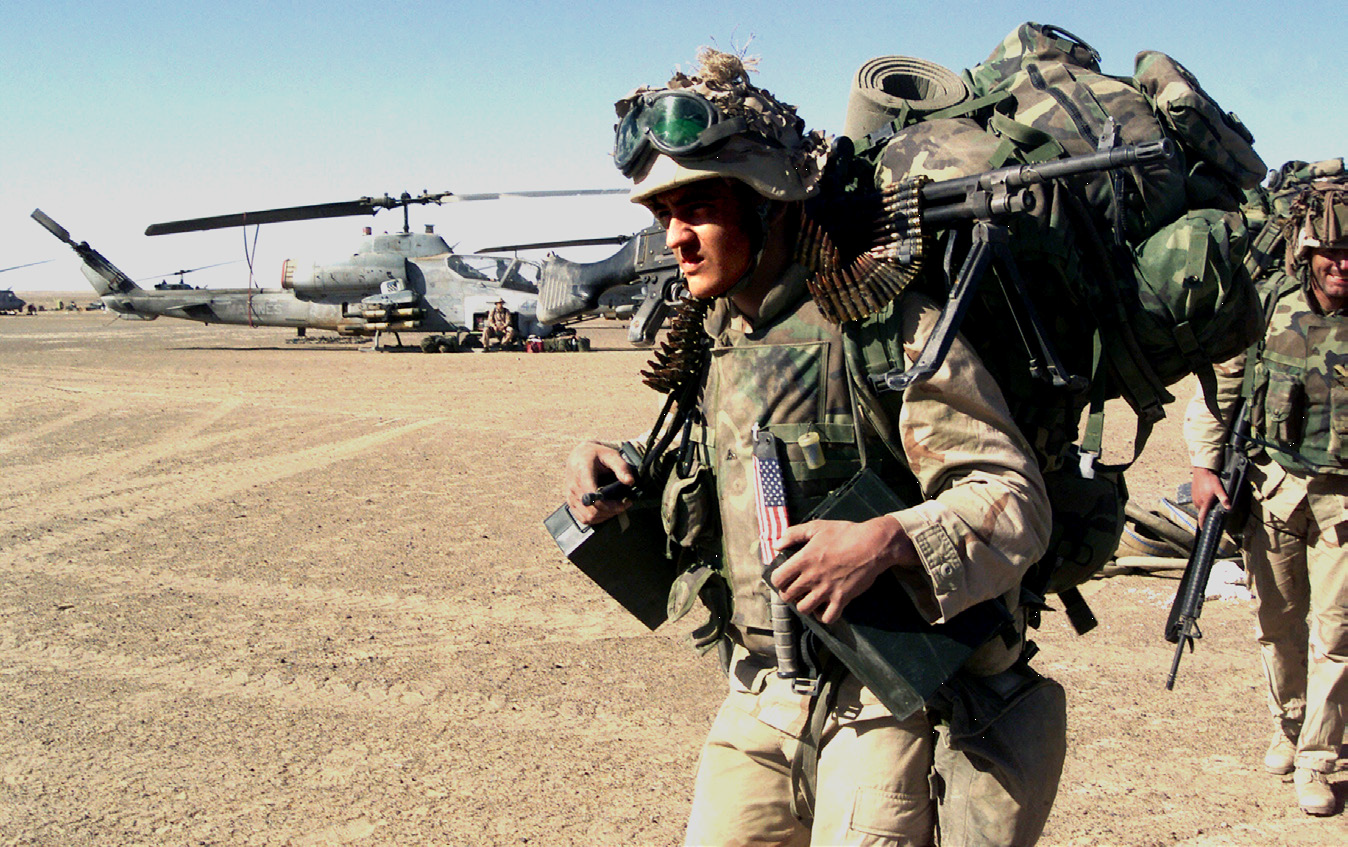Hat-tip to Michael L. ValentiMajor, USMC
Mattis believed in delegating responsibility to the lowest capable level. He stated, “Most Marine units and most Marines can do more than they are asked to do. It’s how you unleash that, delegate the decision making to the lowest capable level so that units can maneuver swiftly and aggressively based on exercising initiative. A sense of co-equal ownership of the mission between generals and 18 year olds.”
Mattis asserted that “by reading, you learn through others’ experiences—generally a better way to do business—especially in our line of work where the consequences of incompetence are so final for young men.”36 This alluded to a responsibility that is inherent to commanders and leaders: honest and detailed preparation for the task. It went far beyond just concentrating study on tactics, techniques, and procedures, for that will never be enough for “those who must adapt to overcoming an independent enemy’s will are not allowed the luxury of ignorance of their profession.”37
Mattis gave guidance on the construction of his staff. He wanted “a small staff comprised of aggressive officers who were able to act with initiative, make rapid decisions and recommendations, and exercise good judgment.”14 Due to the small size of the staff and few enlisted Marines to support it, General Mattis made it clear that everyone had to “fill sandbags.”15 The initial tempo of planning was intense and as new members arrived to fill positions, they had to be caught up to speed quickly and start working quickly. In order to expedite this process the creation of a “Brain Book” was implemented. The book consisted of various references and orders that were needed to get new members ready to operate quickly. The Brain Book by itself would not be enough. Instead, professionalism, willingness, and doctrinal foundation of the new members of the staff would carry them the rest of the way.16
General Mattis’s personal feelings:
War is a human endeavor and as such, warriors must be comfortable operating on and within the scopes of human terrain.38 An object in war is to impose our will upon the enemy.39 It is critical in professional study to include the study of the human dimension that is the study of decision-making, group interaction, leadership, etc. When the enemy votes, a study of these topics will enable the warrior to beat him to the polls.
A Marine from the 15th Marine Expeditionary Unit moves to a security position at Forward Operating Base Rhino, Afghanistan, 25 November 2001. Photo by Sgt. Joseph R. Chenelly. (DVIC DM-SD-06-03033).
Mattis asserts that a commander must “be ready to embrace allied elements without necessarily having TACON/OPCON over them—use HANDCON.”54 Bringing allied elements into the planning process early with an emphasis on information sharing a commander can gain battlefield harmony through trust building.55 His bottom line is that “you will have little formal authority yet expectations for tactical achievements will not be diminished just because you lack formal command authority.”56
The greatest attribute a field grade officer can have according to Mattis is anticipation.57 General Mattis anticipated his lack of resources, capabilities, and authorities and actively sought measures to correct them by forming relationships and exchanging liaison officers.
For a full read and inspiring summary, go here.
Related reading: Task Force 58: A Higher Level of Naval Operation


